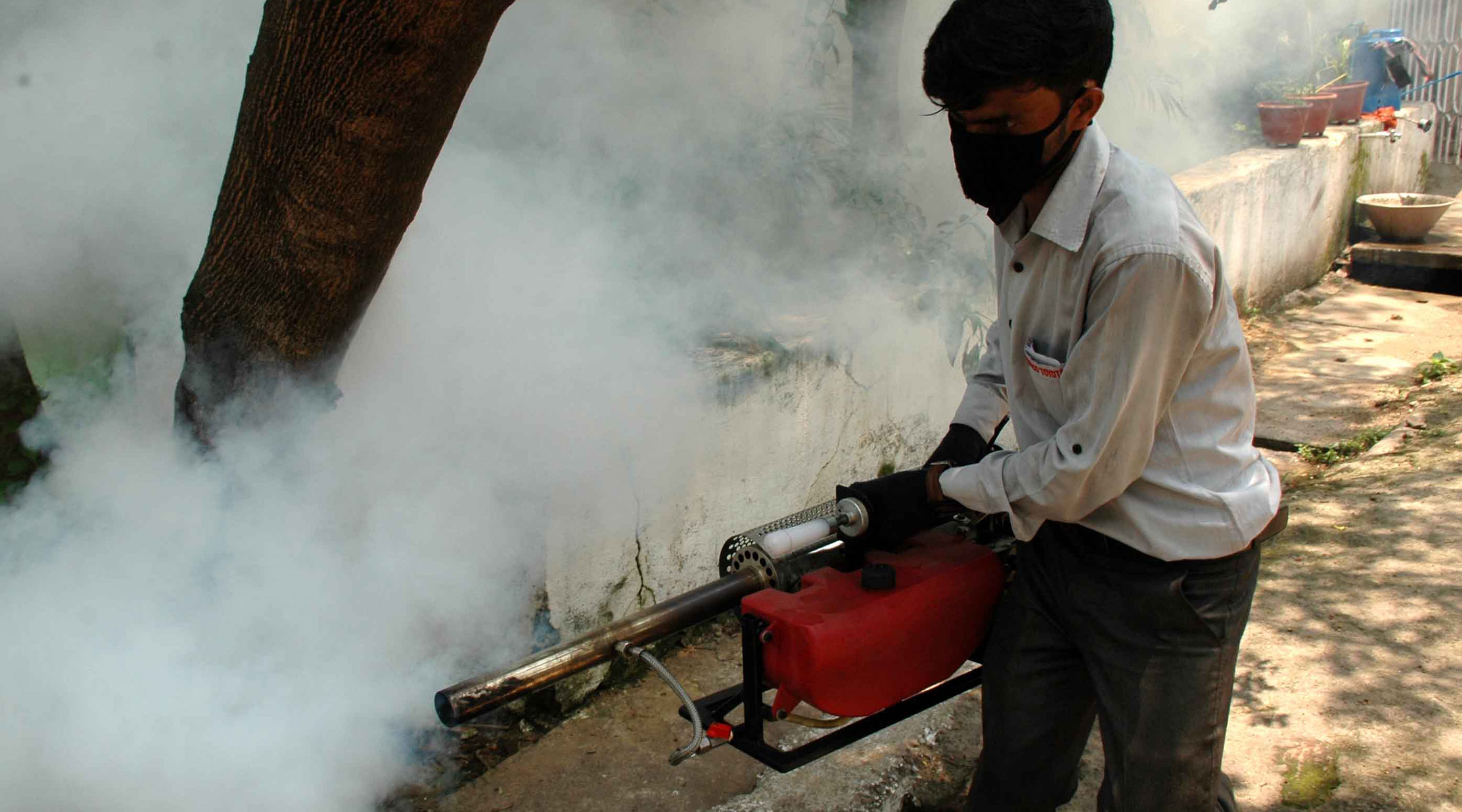Malaria and dengue cases are rising in Kolkata, officials of several private hospitals and the civic body said on Sunday.
Kolkata Municipal Corporation data said about 4,000 malaria cases had been reported in the city since January. Around 200 dengue cases have been reported during this period.
Civic officials are particularly worried over the spike in malaria cases, since the number is significantly higher than last year and even in 2019.
The number of dengue cases reported is lower than the count during the corresponding period last year. Civic officials, however, warned against dropping the guard because in previous years dengue infections had spread rapidly between late September and November.
“That is the crucial period. We have started door-to-door visits to identify and destroy mosquito-breeding sites. We are alsoK conducting awareness campaigns to remind people about the ongoing threat from vector-borne diseases such as malaria and dengue,” said a senior KMC official.
According to the World Health Organization website, “malaria is caused by Plasmodium parasites. The parasites are spread to people through the bites of infected female Anopheles mosquitoes”.
The website says “there are 5 parasite species that cause malaria in humans, and 2 of these species — P. falciparum and P. vivax — pose the greatest threat.”
Doctors and officials of the KMC were worried because about 500 malaria patients this year were affected by P. falciparum, which affects the brain.
The WHO website, too, mentions that “if not treated within 24 hours, P. falciparum malaria can progress to severe illness, often leading to death.”
Rahul Jain, an internal medicine specialist at Belle Vue Clinic, said he was surprised with the unusual presentation of patients affected with P. vivax this year.
“I have recently treated three cases affected with P. vivax but developed cerebral malaria, which happens in case of P. falciparum infection. This year P. vivax patients are coming with unusual complications,” said Jain.
Civic officials attributed the rise in malaria cases to the inability of the field staff of the KMC to visit homes to check for potential mosquito-breeding sites from April to July, when they were overwhelmed by Covid-19 cases.
“Our vector-control teams could not conduct door-to-door visits. That might have led to accumulation of water, resulting in mosquito-breeding sites,” said a KMC official.
A rise in dengue cases, too, was reported from several private hospitals. At Peerless Hospital, three persons were undergoing treatment for dengue on Sunday, said an official.
Jain said he had already treated six dengue patients at Belle Vue over the past month.
An official of Woodlands Hospital said they had witnessed a rise in dengue cases in recent weeks. “The number of positive results for dengue at our laboratory has increased in recent weeks,” said an official of Woodlands.
The dengue virus is spread by Aedes aegypti mosquitoes, which breed in small containers like cups, civic doctors said.
“Our awareness campaigns stress on not allowing water to accumulate anywhere. An Aedes larvae can develop into an adult mosquito in seven days,” said a KMC doctor.
